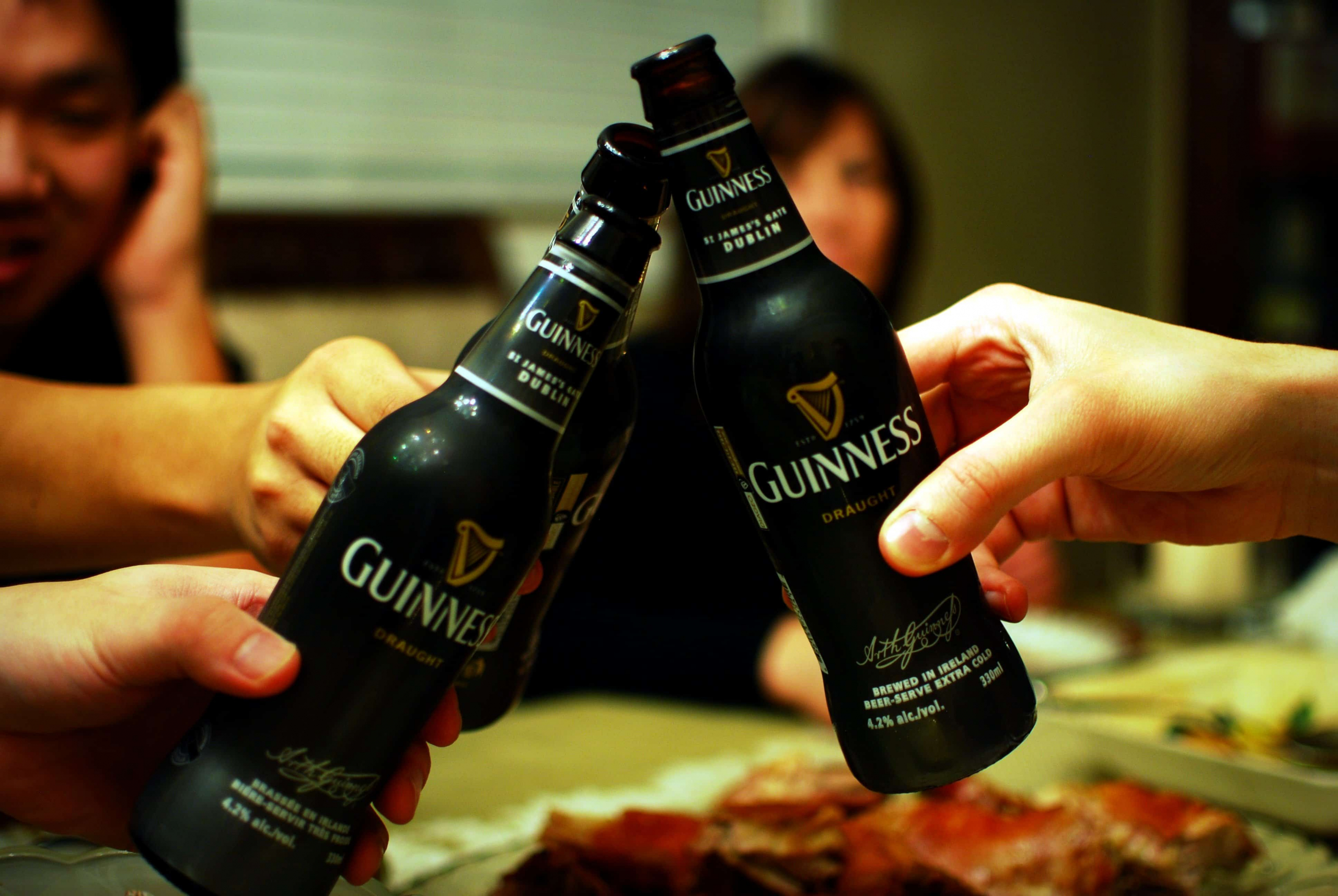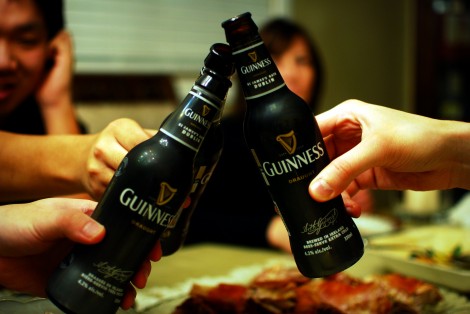The Ontario government is trying to get its fiscal house in order. To this end, the government commissioned the Drummond Report to suggest ways it could save taxpayer money. Among the ideas presented was the privatization of assets held by the Government of Ontario. It was announced on February 13, 2012 that the government intended to sell the LCBO’s headquarters in downtown Toronto. Too bad the sale of the LCBO itself will not follow. The Drummond Report recommended the Ontario government buck the trend adopted by Alberta and British Columbia and avoid privatizing liquor sales.
While the Drummond Report may be filled with sensible policies to help pull Ontario out of its fiscal ditch, this is not one of them. Selling off the LCBO headquarters is a one-time injection into provincial coffers, but it only serves to delay the deficit while not offering long-term solutions. The Drummond Report argues against LCBO privatization because the government-owned enterprise brought in a net income of $4.6 billion last year. No paltry sum, to be sure, but simply because a GOE is profitable does not mean that the alternative would not be more so.
When Alberta privatized liquor sales it actually increased revenue to the government by $87 million and reduced expenses by $67 million. How is this possible? Look at it this way: if the government told you that it could make more money by owning and operating all bars and restaurants in the province, would you believe it? Probably not, because while the government might gain all the profits from the businesses, it would also accrue all of the operating costs. In addition, there would probably be fewer bars and restaurants in the province because the decisions an entrepreneur makes when deciding how to invest his or her money are very different from those a government makes when deciding how to spend taxpayer dollars. Likewise, since volume purchases are cheaper, you would expect to only see the same name-brand products available at every bar and restaurant instead of those made by smaller microbreweries and vineyards. Luckily, this is not how Ontario handles bars and restaurants. Instead, the government simply charges them for a licence to sell alcohol, while leaving all other decisions to the business.
This is what Alberta has done with the sale of alcohol in stores and what BC is moving towards. Instead of owning and operating a liquor control board, the government simply licenses private liquor stores. This means the government sheds from its books all costs associated with running the businesses, while maintaining — or, as has been the case more often, increasing — its income from the annual payment of licensing fees.
Ontario, unfortunately, does not do this and is not moving in that direction. The people who suffer from this are consumers and taxpayers. While import agreements benefit local Ontario manufacturers, it is almost impossible to find rarer products from outside Ontario and outside of Canada. Have you ever had GlenLyon syrah, the California wine made by a former Ronald McDonald? What about Yamazaki, the 18-year-old single malt whiskey made in the Japanese Alps? You may have tried Crystal Head, the diamond-distilled vodka made by Canada’s own Dan Aykroyd, but if you had tried to get your hands on a bottle of it five months ago, you would not have been able to.
This was because the LCBO had banned the product in Ontario because its glass bottle was shaped like a skull.
But the LCBO does not need to ban products to make them unavailable in Ontario. All it needs to do is decide that the average customer would not purchase the product en mass. This means they will not order the product and it becomes impossible to acquire. Private liquor stores, on the other hand, are free to specialize in more rarefied spirits. Instead of only buying in bulk what is sure to sell, they can appeal to the more adventurous desires of Ontarians and provide options we do not currently enjoy. Ontario producers have nothing to fear from this new arrangement, though. If they offer a quality product, there is no reason why private liquor stores would stop selling their goods. If anything, Ontario breweries and vineyards would increase their market share because they would have more businesses to sell to.
Let’s privatize the LCBO and legalize competition, so that all Ontarians can raise their glasses to a return to fiscal solvency, improved service, and greater selection.



